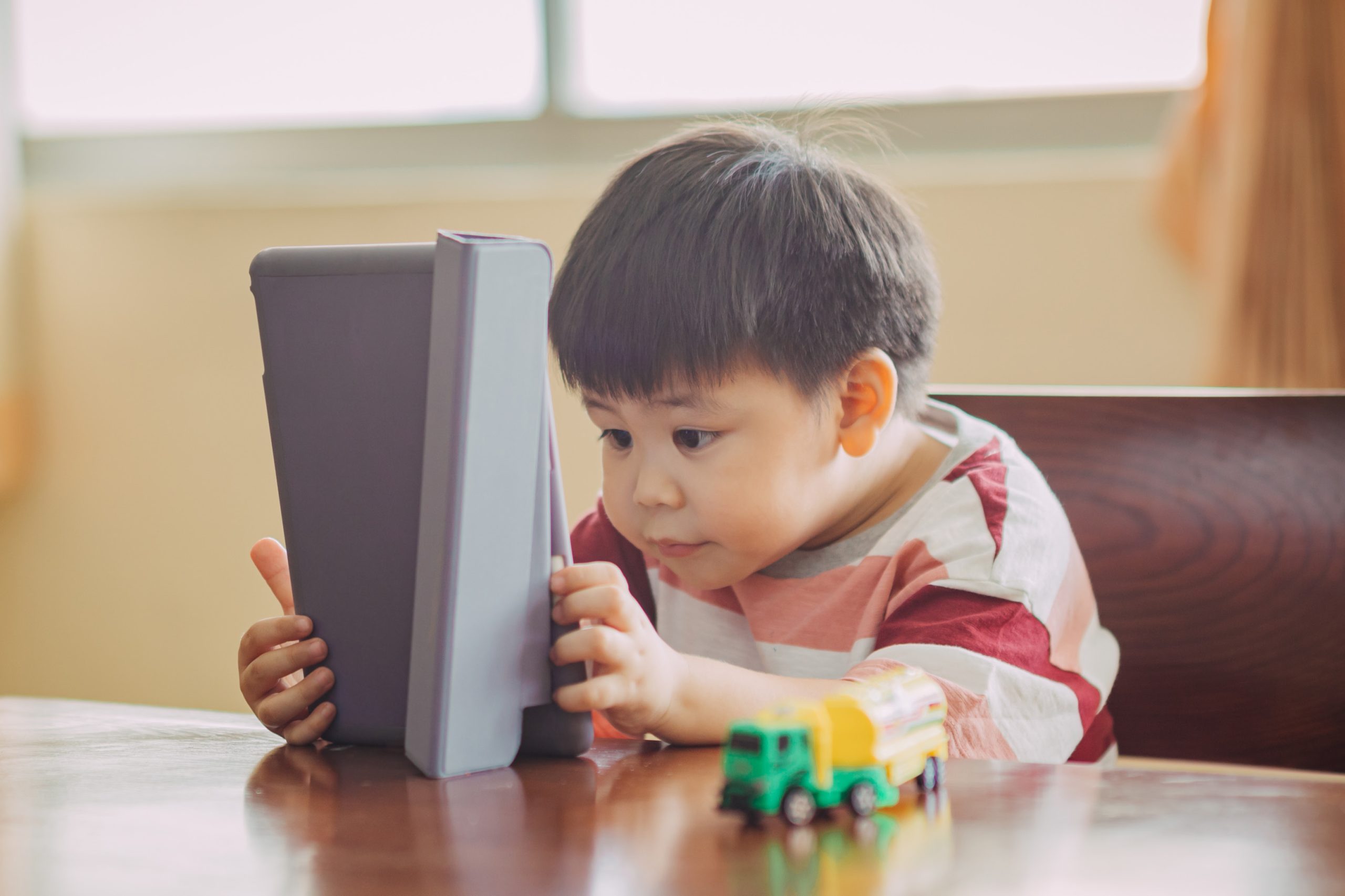In 1966, Simon and Garfunkel invited us all to “slow down, you move too fast, you got to make the morning last.” That advice is even more fitting now. Our culture conditions us to believe faster is better and hurrying is normal. Kids today are being rushed to grow up with sports, academics, sexualization and less downtime. Three of the biggest culprits driving this frenzy are multitasking, social media and the inability to be alone and quiet.
The truth is that slowing down does not mean being less productive, quitting your job or retiring. You can learn to be busy without being hurried and stressed out. Same goes for your high schooler at exam time: You can study hard and be successful without being stressed out. The ultimate goal is not to slow down but to live free from distractions, hurrying, stress, pressure and cravings.
Multitasking costs us in many ways. When we complete a tiny task such as sending an email, answering a text message or posting a tweet, our brain is hit with a dollop of dopamine, our reward hormone. Our brains love that dopamine, and so we’re encouraged to keep switching between small tasks that give us instant gratification. Studies also have shown that for every interruption during your work, it takes about 20 minutes to get back to the same level of deep focus. People who multitask experience a higher workload, more stress, higher frustration, more time pressure and more mistakes. This results in people feeling more behind, rushed, stressed and anxious. So, interrupted work comes with a huge price tag.
Checking on social media is often one of the most common interrupters. Those phantom rings become a compulsion to check our phone, making it harder to relax and be present and calm. It’s hard to stay present and give this moment your full attention when something potentially more exciting is just a click or a scroll away. Again, this often results in a more harried pace, a busier brain, FOMO and a continuous feeling of discontent, agitation and anxiety.
Add to all of this that most people today have an aversion to being alone. We’ve lost the ability to slow down, get quiet and go inward for contemplation, reflection, soul searching and deliberateness. Blaise Pascal said, “All of man’s miseries derive from not being able to sit quietly in a room alone.” Most of the girls I work with have a hard time being alone without feeling lonely. Parents need to educate their daughters to use quiet alone time to do things like drawing, painting, coloring, playing an instrument, writing or doing anything that calms and replenishes them. Young people can learn to practice disciplines like yoga or meditation. They can also learn to have breaks from technology, forego multitasking and cultivate good self-care habits. Finally, teach kids to be more mindful, practice one-pointed attention, be fully engaged in whatever they are doing and be fully present.
For the new year, set an intention to incorporate disciplines like regular quiet time, meditation and mindfulness in order to slow down, reconnect and fully enjoy each moment.








